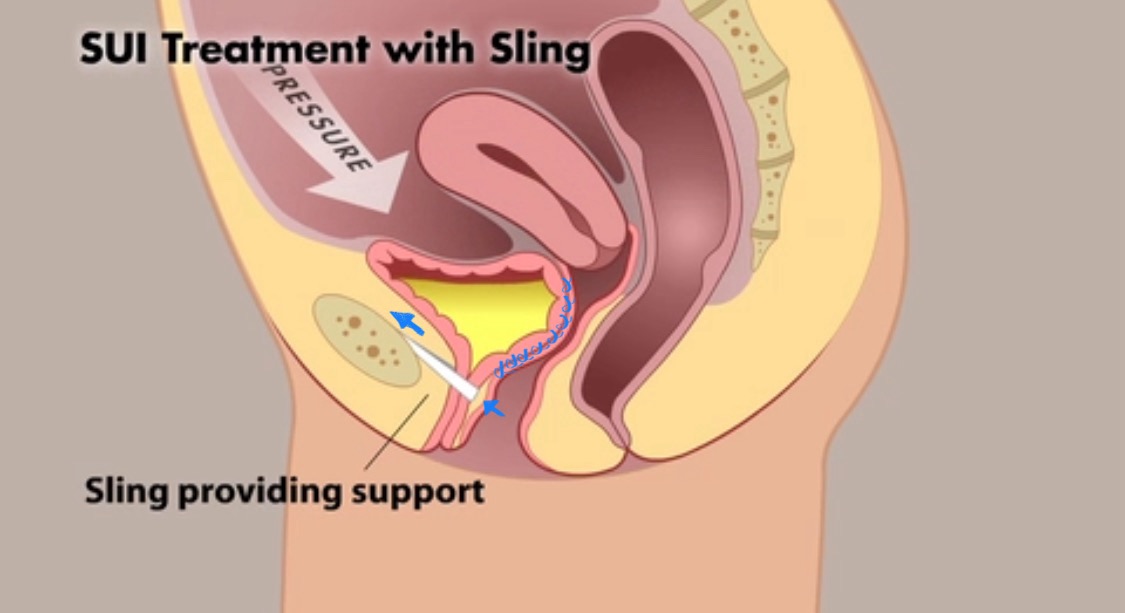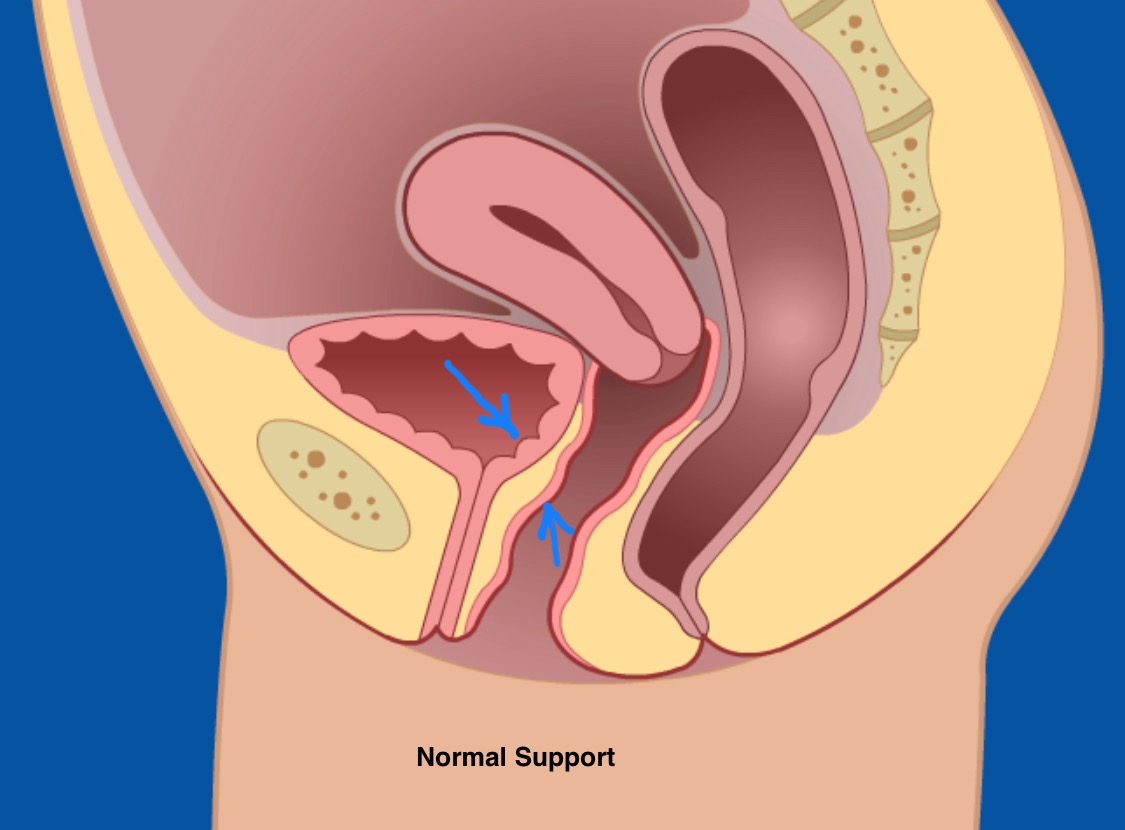
I write about urogynaecology, research, person-centred care, surgical training, and native tissue alternatives.
-

FIN-POP Study – Two-in-One Approach is Likley Unnecessary
The FIN-POP study challenges the necessity of performing simultaneous surgery for stress urinary incontinence (SUI) during pelvic organ prolapse (POP) procedures. With only 5.1% of women requiring additional surgery for persistent SUI after prolapse surgery, the findings suggest that many…
-

Unusual Childbirth Injury and Failed TVT Mesh Surgery
In this case, the plaintiff alleged severe stress urinary incontinence (SUI) due to negligent vacuum extraction and inadequate counselling related to Tension-free Vaginal Tape (TVT) surgery. The injury’s severity was deemed unusually high, raising concerns about the failure to remove…
-

Olsen Study 1997 – an example of hasty generalisation?
The 1997 Olsen study is often misinterpreted in urogynaecology, referencing a concerning 29.2% re-operation rate following natural tissue surgery for prolapse. However, significant shortcomings in the study, including a high-risk population with factors like obesity (35%) and chronic lung disease…
-

What Do Women Want?
This study by Robinson et al. (2003) explores women’s expectations when choosing surgery for stress urinary incontinence. Conducted at King’s College London, it surveyed 100 women, revealing that 66% expected improvement rather than a complete cure. Safety and recovery were…
